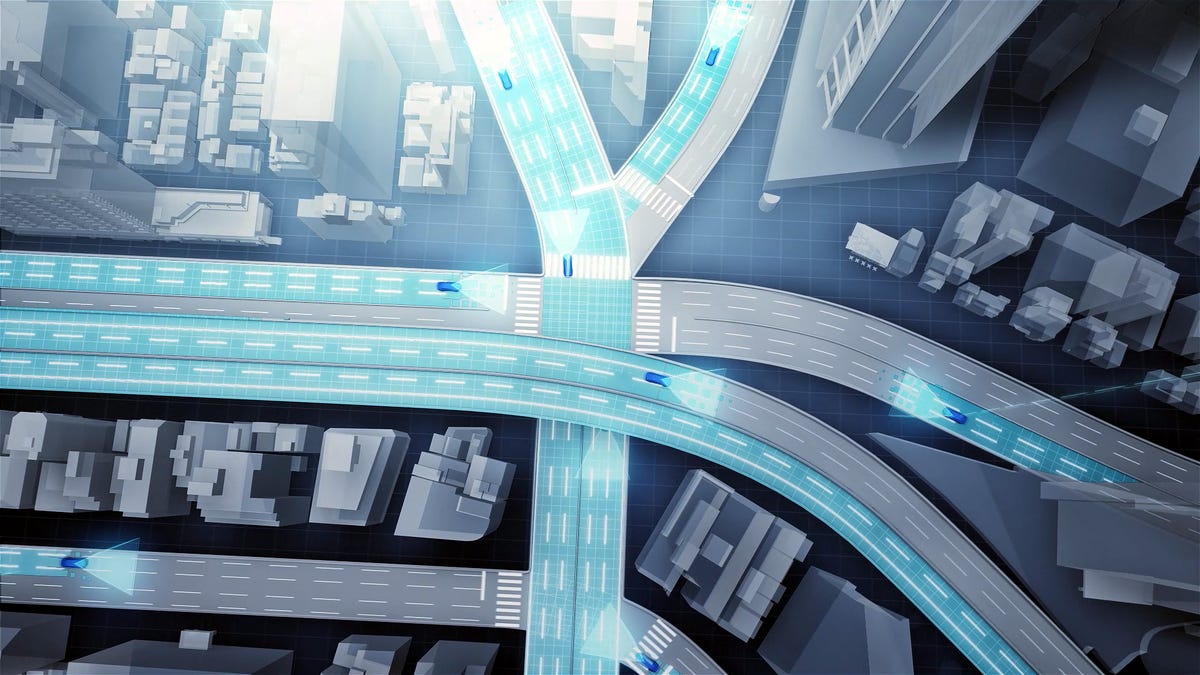Toyota wants to make Google's mapping tech obsolete
The automaker's new map-generation system, debuting at CES, utilizes onboard cameras and GPS devices to supplant purpose-built mapping cars.
Google did a great thing with its Maps vehicles, which scoured a great deal of roads to bring us some of the most detailed maps on the internet. But as more cars pick up on tech like built-in cameras and GPS navigation, it would make sense to utilize that, instead. That's the idea behind Toyota's latest project.
At the 2016 Consumer Electronics Show (CES) in Las Vegas, Toyota will show off a new map-generation technology that relies on crowdsourcing to deliver maps that are constantly updated. Toyota believes one of the major issues with Google's mapping cars is that they must specifically return to roads already covered for updates.
This idea wouldn't work with just one car, but with a whole fleet of map generators out on the roads, Toyota hopes to wield the power of many to make up for a lack of expensive equipment like three-dimensional laser scanners. Toyota believes that its image-matching technology can take measurements from multiple cars and distill it down into a map that's accurate down to a 5-centimeter threshold.
The automaker also wants to implement this mapping technology in its automated vehicles, starting with just expressways and eventually working down to side roads. Toyota also believes its system can be used for hazard avoidance -- for example, pointing out potholes and using its cloud-based image tech to warn other vehicles on the same route.
It's a smart proposition, using the power of crowdsourcing to eliminate expensive vehicles that serve a solitary purpose. If everybody's car is technically a map car, imagine how up-to-date that information could be.


